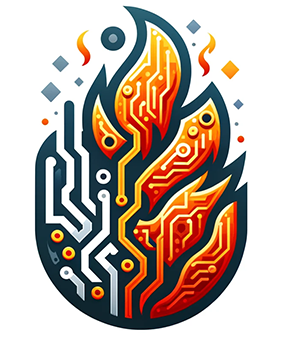Extending the Editor with Plugins in Godot
Godot is a popular open-source game development engine that provides a wide range of tools and features for developers to create amazing games. One of the key strengths of Godot is its ability to be extended with plugins, allowing developers to customize and enhance the editor to suit their specific needs. In this article, we will explore how to extend the editor with plugins in Godot.
What are Plugins?
Plugins in Godot are modules that can be added to the editor to introduce new functionality. They are written in either C++ or GDScript, and they can be as simple as a single script or as complex as a fully-fledged toolset. Plugins can add new menu options, tools, inspectors, import/export functionality, and much more. They provide a way for developers to extend the capabilities of the Godot editor without modifying the engine’s source code.
Creating a Plugin
To create a plugin in Godot, you need to start by creating a new directory under the `addons` folder in your project. This directory will serve as the main directory for your plugin. Inside this directory, you can create additional folders and files to organize your plugin’s code and resources. It is recommended to have a `plugin.cfg` file in the main directory, which contains metadata about your plugin.
Next, you need to create a script file that serves as the entry point for your plugin. This script should inherit from either `EditorPlugin` or `EditorScript`, depending on the complexity of your plugin. In this script, you can define various callbacks and functions that will be called by the editor at different stages of the plugin’s lifecycle. You can use these callbacks to register your plugin’s functionality with the editor.
Once you have your plugin set up, you can go to the project settings in the editor and enable your plugin under the „Plugins“ tab. Godot will automatically load your plugin when the project starts, and its functionality will be available in the editor.
Extending the Editor
Plugins can extend the Godot editor in various ways. Here are a few examples:
Adding Custom Toolbars:
Plugins can add custom toolbars to the Godot editor’s interface, providing quick access to frequently used functionality. These toolbars can contain buttons that execute specific actions or tools.
Creating Custom Editors:
Plugins can define new custom editors for editing specific types of resources or nodes. These custom editors can provide a specialized interface and additional functionality tailored to the needs of the specific resource or node.
Introducing New Importers/Exporters:
Plugins can add support for new file formats by implementing importers and exporters. This allows the Godot editor to import/export files of the new format directly, without the need for external tools or manual conversion.
Sharing Your Plugin
If you have created a useful plugin that you think other Godot users would benefit from, you can consider sharing it with the community. Godot allows you to export your plugin as a „tool“ or even as a full-blown „plugin package“ that other users can easily import into their projects.
You can share your plugin on platforms like the Godot Asset Library, GitHub, or community forums. This way, other developers can discover and use your plugin to enhance their own projects.
In conclusion, extending the editor with plugins in Godot is a powerful way to customize and enhance the game development workflow. Whether you need to add custom tools, create specialized editors, or introduce new import/export functionality, plugins allow you to extend the capabilities of the Godot editor to match your specific requirements. So don’t hesitate to explore the vast world of plugin development in Godot and take your game development experience to the next level!
source: https://www.kodeco.com/44259876-extending-the-editor-with-plugins-in-godot

